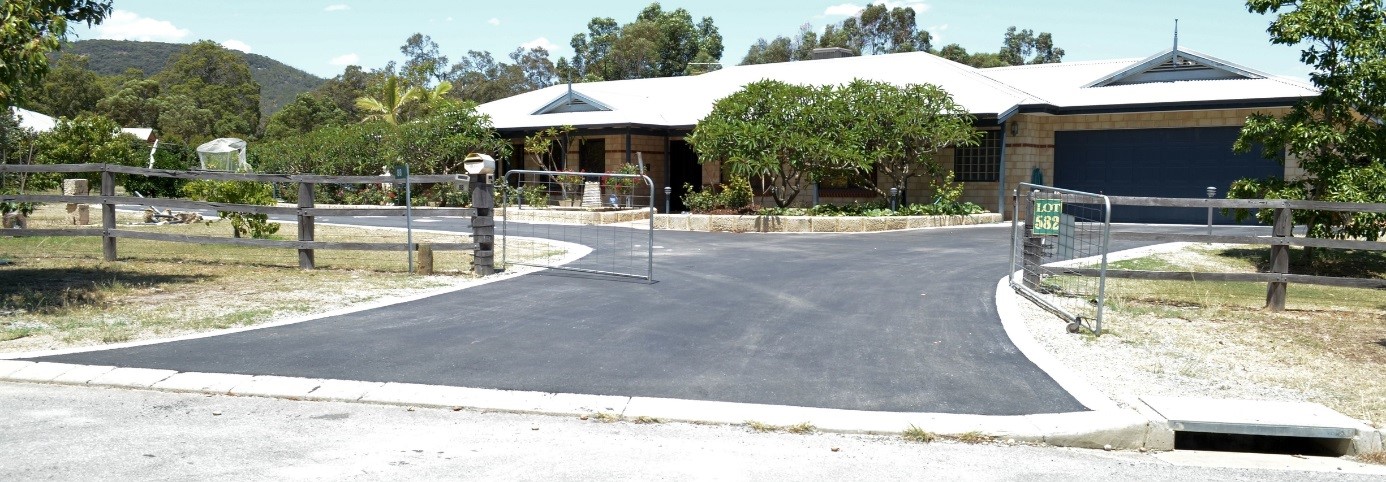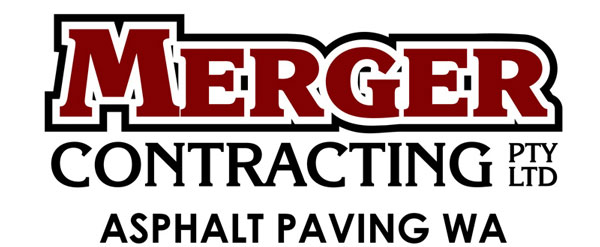The Differences between Asphalt Driveways and Concrete Driveways
Apr 8, 2016 -- Posted by :
Asphalt and concrete are the two of the most common driveway materials we use in Australia. Both materials have been in use on our roads and aircraft runways for some time.
Choosing to install a new driveway is a big deal. Most home owners may only ever do it once in the life of a home. So the choice of which material to use comes down to a number of common considerations;
- Kerb appeal
- Budget
- Curing time
- Maintenance
- Lifespan
Hopefully we can answer some of those questions and help out in the decision making process.
Budget - Generally, concrete is a mixture of aggregates, cement and water, forming a hard surface. Asphalt, on the other hand, is a mixture of aggregates and bitumen. Bitumen is a derivative of crude oil that can bind to aggregate to form a smooth driving surface. Because the substance used to create asphalt is less expensive than cement, asphalt driveways are usually 30% to 45% less expensive than concrete.
Curing Time - Asphalt driveways can be completed faster than concrete driveways, which is the reason it is used almost exclusively for road construction. It also has the ability to cope with high volume traffic. The curing time of a concrete driveway is several days, where asphalt driveways can be used soon after the cooling and drying process is complete.
Maintenance - Asphalt is a tough and durable product however if cracks occur they can be easily repaired in comparison to concrete driveways. If damage does occur to the asphalt driveway it can simply be re-layered. Damaged concrete driveways, on the other hand, require replacement of the entire driveway, so that the repair marks and patches will not be visible.
Weather Conditions - As the weather heats up and cools down, asphalt has the capability to expand and shrink. Because asphalt is made of an oil based substance it can tolerate frequent changes in temperature and easily adapt and flex back to its original form. In contrast, concrete does not expand, nor adjust to the temperature. Sometimes concrete can crack under extreme temperature and pressure.
Oil Leaks - Oils leaks on your driveway is never attractive. Because an asphalt driveway is black these marks will be masked more readily than on a concrete driveway.
Lifespan - Concrete driveways, on average last 10 years longer than an asphalt driveway. However with professional installation and maintenance there is no reason why an asphalt driveway would not perform as well.
What to choose?
Asphalt driveways can be a beautiful and cost effective solution for a driveway. Asphalt driveways provide a sharp, clean, sleek look which is inviting to visitors. On average asphalt driveways are cheaper than concrete and more durable. Asphalt driveways are also a great solution if you have a long or steep gradient driveway.
In coming to your decision you will still have to weigh up personal preference against budget. Hopefully the information that we have presented will assist you in your decision making process.
If you would like to discuss asphalt as an option for your driveway we do offer an obligation free consultation and quote service. Please call Scott on 0417 910 168



